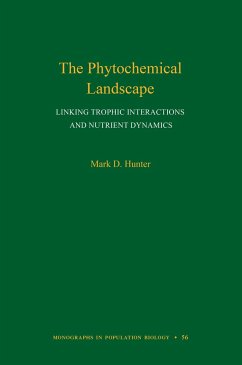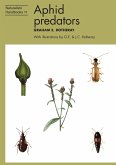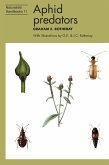"Plant life on Earth is characterized by an enormous variation in its chemistry. In this unique synthesis, Mark Hunter makes a compelling case that explicit recognition of this variation is central to understanding ecological processes, whether at the population, community, or ecosystem levels. It is a must-read for all ecologists interested in interactions and feedbacks, and is destined to become a classic in the general ecological literature."--David Wardle, Swedish University of Agricultural Sciences "An organism is basically a bag of interacting chemicals--with an attitude. Gathering, hoarding, and transforming materials from the environment is key for organismal functioning and fitness, and such activities influence ecosystem chemical fluxes and pools. In this masterful book, Hunter synthesizes a heretofore scattered field of research, focusing on how phytochemistry varies across space, and how such variation reflects feedback loops among the physical environment, plants, herbivores, and higher trophic levels. This is essential reading for all ecologists." --Robert D. Holt, University of Florida "Hunter has produced a remarkably broad, comprehensive, and intellectually exciting treatment of autotroph chemical traits, their complex interactions with other producer traits and consumers, and how these dynamic interactions affect populations, communities, and ecosystems. This is a conceptually rich resource for students and senior investigators alike." --Mark Hay, Georgia Institute of Technology "This timely and authoritative book offers a potentially transformative way of integrating several disparate ecological subfields to foster the pursuit of big-picture ecological science. It could only have been written by someone with Mark Hunter's vision and breadth and depth of knowledge." --Oswald J. Schmitz, author of Resolving Ecosystem Complexity "This is an excellent work of scholarship that makes important contributions to our understanding of phytochemistry, herbivory, and their links to ecosystem processes. Hunter's arguments are sound, his organization logical, and his conclusions insightful."--Jennifer Schweitzer, University of Tennessee
Hinweis: Dieser Artikel kann nur an eine deutsche Lieferadresse ausgeliefert werden.
Hinweis: Dieser Artikel kann nur an eine deutsche Lieferadresse ausgeliefert werden.








